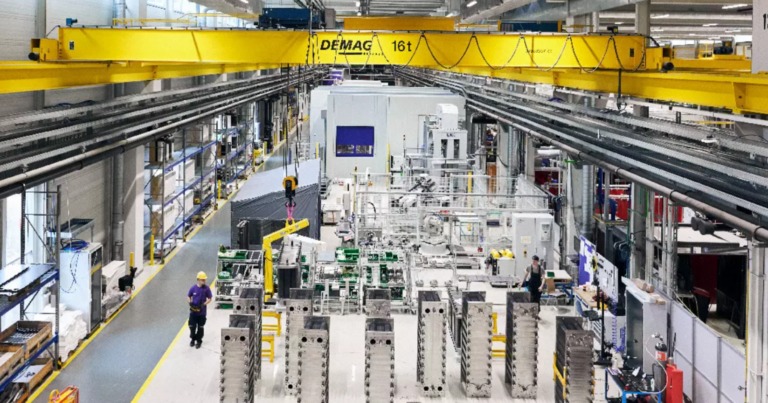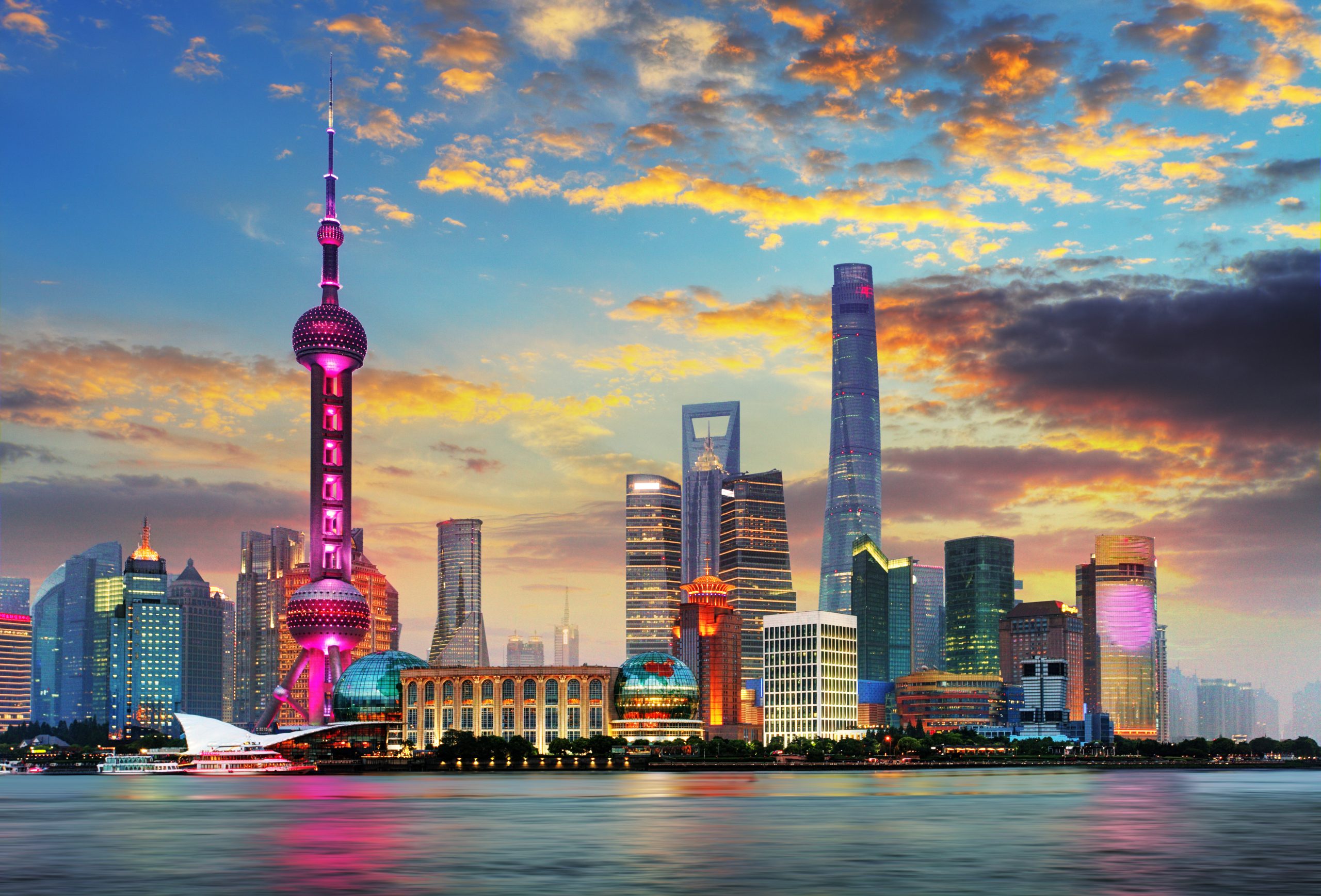Siemens Energy Awarded Contract for Large-scale Hydrogen Project in Germany

Germany’s energy corporation Siemens Energy has been awarded a contract to supply a 280-megawatt (MW) electrolysis system by German utility EWE. The plant in the city of Emden is expected to go into operation in 2027 and will provide up to 26,000 tons of green hydrogen annually for various industrial applications in the region.
If this green hydrogen replaces fossil fuels, around 800,000 tons of CO2 per year could be avoided in the steel industry, for example.
The electrolysis plant is part of EWE’s large-scale hydrogen project Clean Hydrogen Coastline, which consists of four sub-projects. The electrolyser represents the core of the Emden hydrogen production plant, which, including other necessary components such as compressors and cooling systems, has an average power consumption of 320 MW over its entire lifetime. In addition to supplying the electrolyser, EWE and Siemens Energy have agreed a ten-year service contract.
The German government and the European Commission had classified the project as a strategic funding measure, a so-called IPCEI project.
“This project is an important element in the ramp-up of the green hydrogen industry in Germany,” said Anne-Laure de Chammard, Member of the Executive Board of Siemens Energy. “With the long-awaited funding commitments, the German government has placed the final piece of the puzzle to realise strategically important projects like this on a large scale. The immediate conclusion of the contract with EWE demonstrates that the industry is ready to swiftly implement these projects.”
“EWE is active along the entire value chain with its hydrogen projects, from production to transportation and storage. Our choice of location in north-west Germany and our decision to work with Siemens Energy means that we are focusing on both regional and national value creation,” added EWE CEO, Stefan Dohler. In a selection process that lasted twelve months, EWE had thoroughly examined ten electrolysis manufacturers worldwide. “I am delighted that we are also working with Siemens Energy on hydrogen, as the company is already a long-standing partner for EWE in all aspects of our energy infrastructure.”
The electrolyser from Siemens Energy is based on PEM technology, which uses electricity to split water into its components hydrogen and oxygen along the proton exchange membrane. This technology is particularly suitable for operation with renewable energies due to the very flexible ramp-up times. The stacks – the heart of the electrolysers – are manufactured in the new gigawatt factory at Siemens Energy’s Berlin site.
BP takes FID on initial stage of Spanish green hydrogen project
Oil and gas major BP Plc (LON:BP) has taken a final investment decision (FID) on the first phase of an up to 2-GW cluster project for the production of green hydrogen at its refinery in Castellon, in Spain’s Valencia region.
The company announced the milestone in its financial report for the second quarter of 2024. “At Castellon, together with our joint venture partner, we are taking our first FID to develop and produce industrial scale green hydrogen at our Castellon refinery,” the oil and gas group said.
The HyVal cluster is set to be installed under a broader plan for the Castellon site, where BP aims to produce hydrogen, biofuels and renewable energy to meet wider decarbonisation goals for the facility. The whole initiative could see the group invest up to EUR 2 billion (USD 2.19bn) in Castellon by 2030, it said previously.
The electrolysis project will be developed in phases. The final phase will see the plant expanded to up to 2 GW of net installed power and start operations in 2030. In addition, the FID on the 100-MW green hydrogen project at Lingen in Germany is expected to be taken by the end of the year following the approval of European IPCEI funding.
Overall, BP is scaling down its hydrogen and CCUS portfolio from 30 opportunities to five to 10 potential investments that the group can progress this decade.

